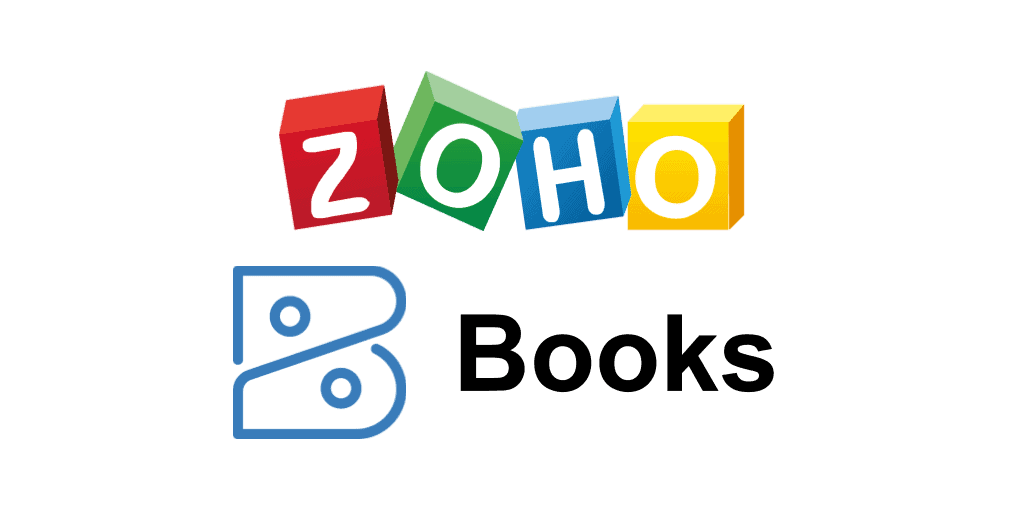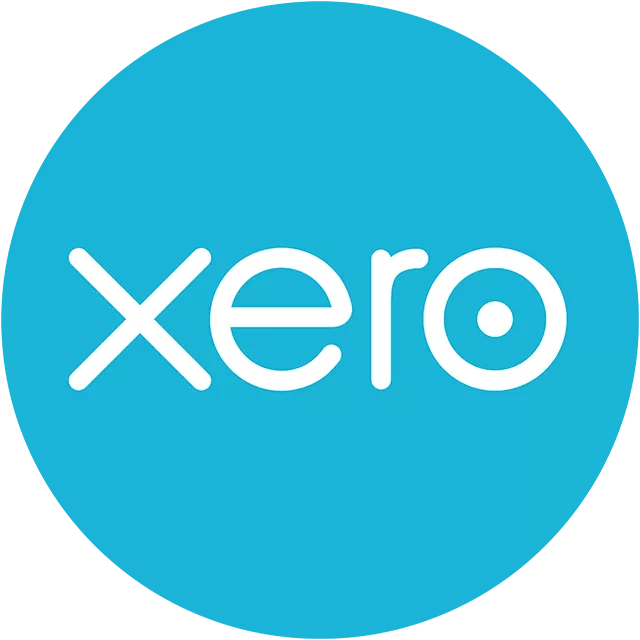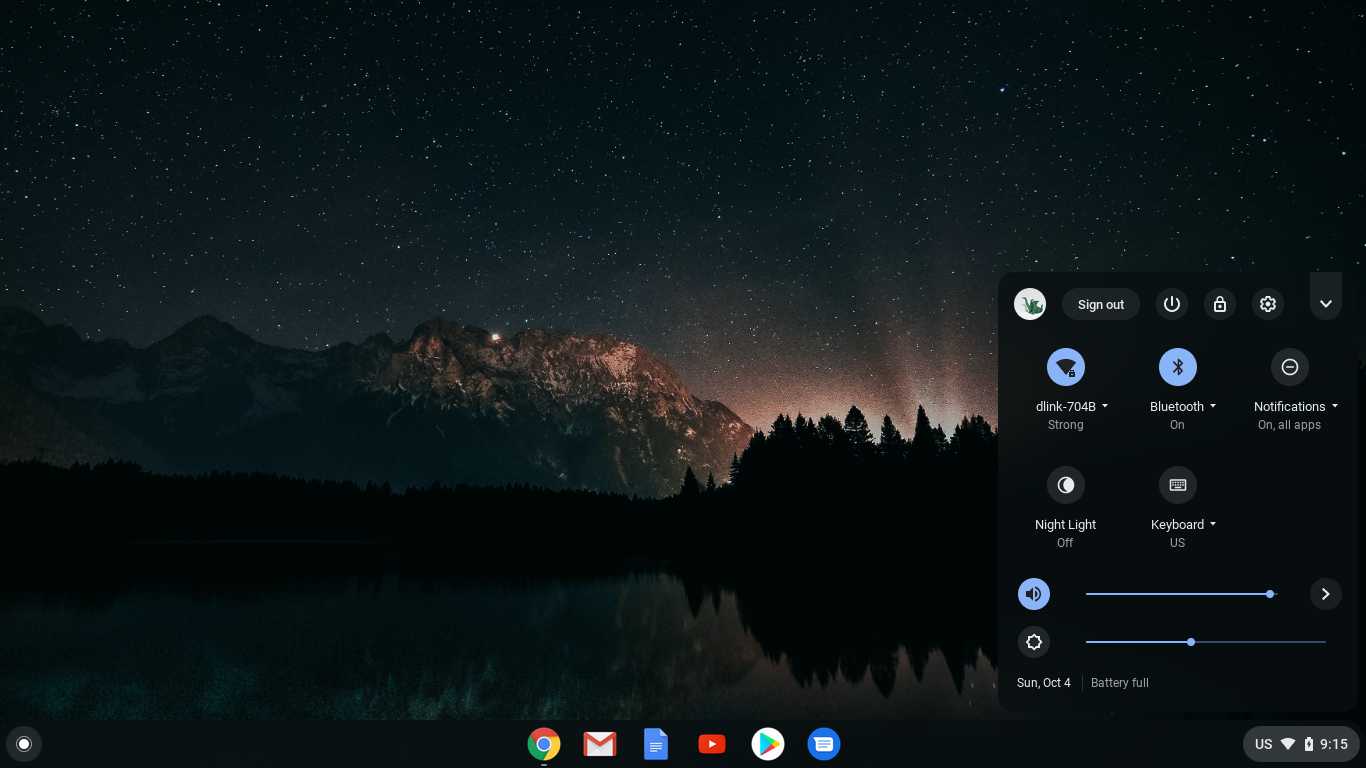
Managing your business finances can be difficult no matter how big or small it is. You can avoid that worry by using the best accounting software for small business to handle all of the heavy lifting. Once you’ve found the best accounting software for your needs, you’ll be able to ditch Excel spreadsheets and other comparable software. Indeed, there are a plethora of software alternatives available that allow you to manage payroll and other business-related tasks with a few mouse clicks.
For example, you may manage bookkeeping without hiring a professional if you use accounting software. Alternatively, it can be used to manage stock orders and other task management needs. These software alternatives can also help with in-depth customer analysis, making customer relationship management easier.
To make things easier for you, we’ve done the research to determine the best accounting software for small business on the market and highlighted the important features of each option. We also discuss each one’s advantages and disadvantages. This essay will essentially assist you in determining which accounting system will work best for your small business.
How Much Does Accounting Software for Small Business Cost?
The monthly cost of accounting software for small business ranges from $0 to $150. Basic plans range from $0 to $40 per month and are an excellent place to start. A basic plan will let a small business to categorize income and costs, send invoices, and produce financial reports. Most software is scalable, and the plan may be quickly changed to meet new business needs as the business grows. The more powerful plans enable firms to track inventory, create more custom financial reports, run payroll, and select from a wider range of invoicing alternatives.
1. FreshBooks
Invoicing is the most important accounting requirement for most service-based firms. When compared to other accounting software, FreshBooks provides greater customization options for invoicing. Its major role is to send, receive, print, and pay invoices, but it may also do basic bookkeeping for a business. This accounting software streamlines the process of sending proposals and invoices, requesting deposits, collecting client retainers, tracking time on projects, and receiving payments for service-based enterprises.
FreshBooks was founded in 2003 in Toronto as an invoicing software. More features have been developed over time, and FreshBooks today employs over 500 people. There are four different software available, and corporations can save 10% by paying yearly rather than monthly. FreshBooks also provides a 60 percent discount per month for six months. The four plans are as follows: Lite ($6 per month), Plus ($10 per month), Premium ($20 per month), and Select ($20 per month), which is a personalized service with custom pricing.
The key distinction between the four software is the amount of different clients who can be billed per month. Up to five clients can be billed per month under the Lite plan. Up to 50 clients can be billed per month under the Plus package. Unlimited consumers can be billed per month under the Premium package. The Select plan does not have a limit on the number of clients that can be billed per month, but it does have certain unique features. Multiple team members utilize the accounting software for an additional $10 per month, and the advanced payment option, which allows users to charge a credit card in real-time or set up a recurring credit card charge for a client, costs an additional $20 per month.
Shopify, Gusto, Stripe, G Suite, and other third-party app connectors are available. FreshBooks’ invoices may be fully personalized and adjusted for a professional look and feel, which is a unique feature. FreshBooks is an excellent software for project budgeting, sending estimates or proposals, and collecting customer payments.
2. QuickBooks
QuickBooks Online is the best overall accounting software for small business out of the ones we looked at. Not only do the vast majority of small business accounting professionals utilize QuickBooks Online, but there are also an abundance of online training materials and forums where you can obtain help when you need it. All accounting elements are easily accessible from a single primary interface, making bookkeeping more fluid and efficient.
QuickBooks Online from Intuit has long been the most popular accounting software among small business and their bookkeeping and tax specialists. The software is cloud-based and may be accessed by web browser or mobile app.
Following the 30-day free trial, the membership plans are as follows: Simple Start at $25 per month, Essentials at $40 per month, Plus at $70 per month, and Advanced at $150 per month. Typically, a substantial discount is granted for the first few months, and some accountants are even able to offer wholesale prices to small enterprises.
This software’s monthly membership may be updated as a business expands, and there are numerous customization choices with the mobile app, which can be used to take payments, check reports, record an image of a receipt, and track business miles. QuickBooks Payroll fully connects with QuickBooks Online for business searching for a payroll solution.
Each plan includes more complex capabilities such as inventory management, time tracking, more users, and budgeting. Simple Start will suit the demands of the majority of service-based small enterprises. Essentials or Plus will provide additional inventory and customization possibilities for small enterprises that sell products. The Advanced subscription is a new option that provides comprehensive financial reporting provided by Fathom. Fathom is a high-end online financial report analysis software that is utilized by many significant corporations throughout the world.
3. Wave
Wave is an excellent accounting software platform for a service-based small business that delivers basic invoices and does not require inventory tracking or payroll processing. Wave’s free features will meet all of the accounting demands of many freelancers or service-based enterprises, making it the best free software in our evaluation. Accountants can use Wave to pull the reports they need to compile a company’s tax return at the end of the year.
Wave was established in 2010 and is headquartered in Toronto. H&R Block just purchased the company, which employs over 250 people. This free software includes all of the essential accounting software that most small business require, such as income and cost management, financial reporting, invoicing, and receipt scanning. These functionalities are available both online and through the mobile app. Customer payment processing and payroll are considered premium services that must be paid for separately, although all bookkeeping, invoicing, and reporting functions are absolutely free.
Wave makes money through its payment mechanism. Wave charges 2.9 percent plus 30 cents each transaction for Visa, Mastercard, and Discover, and 3.4 percent plus 30 cents every transaction for American Express. These fees are slightly more than those charged by competing accounting software. In addition, Wave charges 1% per transaction with a $1 minimum fee when processing an ACH payment rather than a credit card. Wave is exceptional in this regard, as other accounting software does not charge a fee for ACH payment processing.
4. Zoho Books
Zoho Books is part of the Zoho suite of services, which includes over 40 business software such as a CRM, HR software, and reporting alternatives. As a web-based platform, Zoho Books allows you to access your account from any location with an internet connection, as well as use their mobile accounting software for Android or iOS.
The price of Zoho Books is divided into four categories, allowing you to upgrade and suit the growth of your business. The four Zoho Books plans differ in functionality as well as the number of users and workflows included in your account. To begin, Zoho provides a free plan. Then there’s the Standard plan, which costs $20 per month, the Professional plan, which costs $50 per month, and the Premium plan, which costs $70 per month.
Invoicing, estimates, the ability to integrate your bank accounts, reporting software, a client portal, and the option to integrate with any of Zoho’s other software, as well as third-party tools like Zapier and Stripe, are all included regardless of plan.
5. Xero
In our analysis, Xero is the best option for micro-business searching for relatively easy accounting software. This software features a straightforward user interface and seamlessly interacts with a third-party payroll service. Customers can pay business online thanks to Xero’s connection with Stripe and GoCardless.
Xero was launched in New Zealand in 2006, and it now has over two million customers globally. Accounting software like this is widely used in New Zealand, Australia, and the United Kingdom. Xero employs approximately 3,000 people and is quickly expanding in the United States.
Xero has three monthly membership plans as well as a full-service payroll add-on: Starting at $11 per month, growing to $32 per month, and then settling at $62 per month. Gusto offers a full-service payroll solution for an extra $39 per month plus $6 per employee. The company provides a 30-day free trial as well as a two-month 50% off promotion.
The Early plan has a usage restriction of five invoices or quotations, five bills, and a monthly reconciliation of 20 bank transactions. This limited plan may be appropriate for a micro-business with a few high-ticket transactions each month, such as a consultant or small service provider. The Growing and Established plans both provide an unlimited number of invoices, bills, and transactions. The sole distinction between the two is that the Established plan includes extra capabilities such as multi-currency, spending management, and project costing. Hubdoc, a bill and receipt capturing software, is included in all three levels.
6. Patriot
Patriot Accounting, established in Ohio, has been in the accounting software business for more than three decades. They seek to support small business and provide payroll services as well as software.
Patriot’s payroll feature has two options: a basic self-service option ($10/month + $4 per employee/contractor) that allows business to run their own payroll using Patriot’s payroll software but handle their own taxes, or a full-service option ($30/month + $4 per employee/contractor) that allows Patriot to handle all payroll tax duties. Both choices provide payroll setup and support, as well as integration with Patriot or QuickBooks accounting software.
Differentiating factor: Patriot seeks to serve small business, and our users agree that Patriot has a considerable advantage over QuickBooks in terms of simplicity of use and customer support, both of which are critical for small firms with limited resources. If you wish to use your accounting software to conduct your own payroll, Patriot can save you roughly $15 per month vs QuickBooks, or up to $35 per month if you don’t mind doing your own payroll taxes.
7. Sage
Sage is a comprehensive accounting software. It generates a balance sheet and facilitates bank reconciliations. It’s also very reasonably priced, with Sage Accounting Start starting at just $10 per month.
Do you require more features than those included in the $10 per month version? Sage Accounting costs $25 a month and allows you to access limitless collaboration, quotes and estimates, vendor bill tracking, cash flow projections, and the option to use cash or accrual accounting. HR software, POS integrations, ecommerce functionality, and sales and marketing software are also available.
Sage, like Intuit (the maker of QuickBooks), offers a wide range of choices for assisting you in scaling your business, including an accountant partnership program and its own series of seminars to assist you in learning, collaborating, and growing.










